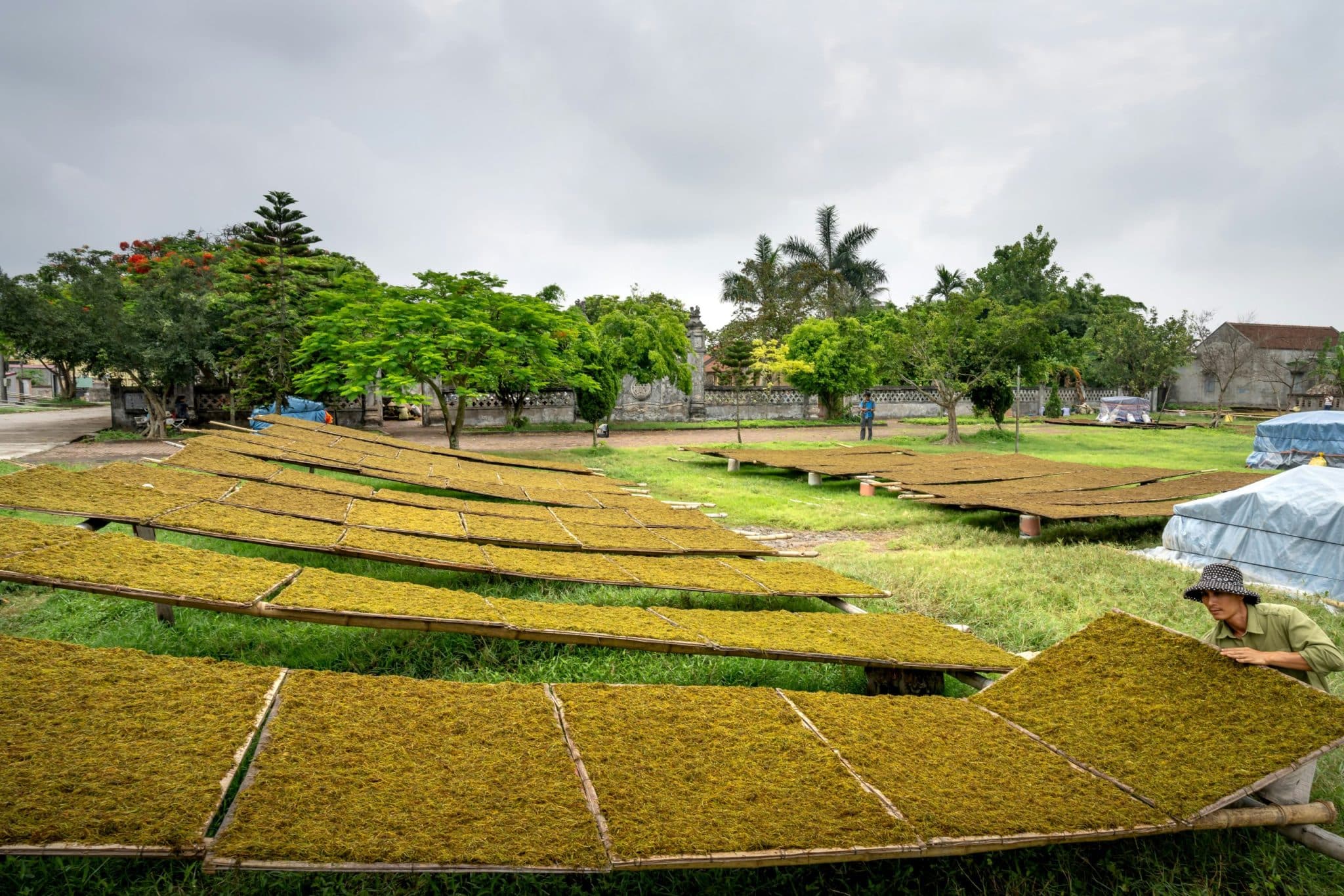Community Gardens and Food Security
Community gardens have been gaining popularity in recent years, and for good reason. Not only do they provide a beautiful and green space in urban areas, but they also play a crucial role in ensuring food security for communities. With the rise of food insecurity due to climate change, economic struggles, and increasing population growth, community gardens are proving to be a sustainable solution to combat these issues. In this article, we will explore the benefits of community gardens and how they are contributing to food security.
The Rise of Community Gardens
Community gardens are not a new concept, but their popularity has grown significantly in recent years. These gardens are created and maintained by a group of individuals within a community, whether it be a neighborhood, school, or workplace. They are usually located on public or private land, and anyone can participate in the gardening activities.
One of the main reasons for the rise of community gardens is the increasing awareness of the importance of local and organic produce. With the rise of health-consciousness and concerns about commercial agriculture, individuals are looking for ways to grow their own food and have access to fresh, chemical-free produce. Community gardens provide a perfect opportunity for individuals to grow their own fruits and vegetables, regardless of their living situation.
The Role of Community Gardens in Food Security
Food security is defined as the ability of individuals or communities to access enough nutritious and safe food to maintain a healthy and active life. With the ongoing threat of climate change, economic struggles, and global population growth, food insecurity has become a major concern. Community gardens are playing a crucial role in addressing this issue by promoting self-sufficiency and food sovereignty.
By growing their own fruits and vegetables, individuals are reducing their dependence on industrial agriculture and the vulnerable global food system. Community gardens also allow individuals to have control over the production and distribution of their food, ensuring that it is locally grown, fresh, and free of harmful chemicals. This not only promotes food security but also supports the local economy and reduces the carbon footprint of food transportation.
Community Gardens for Vulnerable Communities
One of the most significant benefits of community gardens is their ability to provide food security for vulnerable communities. In many urban areas, access to fresh and healthy food is limited, with many individuals living in food deserts where grocery stores are scarce. This lack of access to nutritious food has severe consequences on the health and well-being of individuals, particularly children and the elderly.
Community gardens provide these communities with a source of fresh produce, promoting better nutrition and reducing the risk of diet-related diseases. They also provide a safe and inclusive space for individuals to come together, share resources, and learn from one another, promoting social cohesion and community development.
Promoting Sustainable Agriculture
Another crucial aspect of community gardens is their promotion of sustainable agriculture practices. By growing their own food, individuals are reducing the demand for industrial agriculture methods that are harmful to the environment. Community gardens also promote the use of organic and natural methods, reducing the use of pesticides and other chemicals that can be harmful to both human health and the environment.
Furthermore, community gardens also promote the use of environmentally-friendly practices such as composting, rainwater harvesting, and using natural sources of fertilizers. These practices not only benefit the gardens themselves but also have a positive impact on the surrounding ecosystem.
Conclusion
Community gardens are more than just a space to grow plants; they are playing a crucial role in promoting food security and sustainable agriculture. By providing individuals with access to fresh, healthy produce, promoting self-sufficiency, and supporting sustainable practices, community gardens are creating a more resilient and secure food system. As the world continues to face challenges such as climate change and increasing populations, community gardens will become an essential resource for promoting food security and sustainability.










